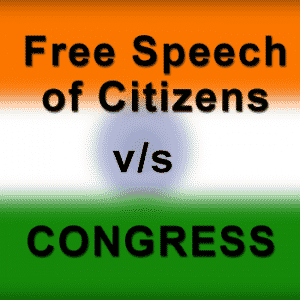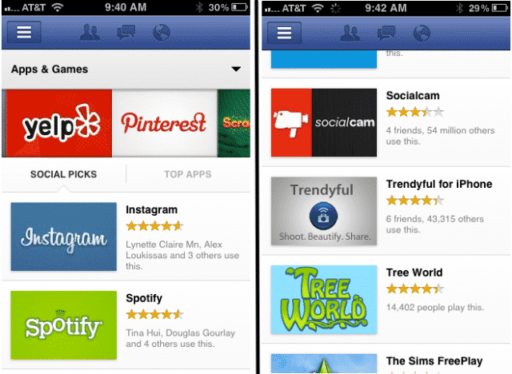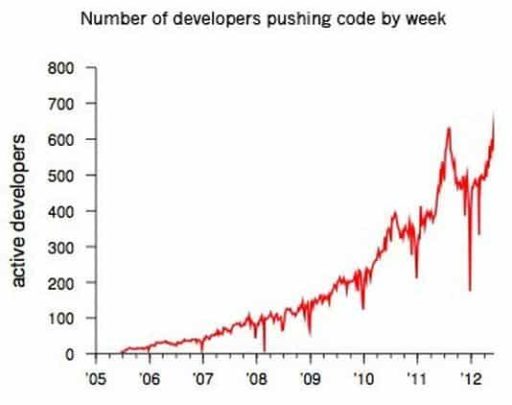Indian government has pressurized removal of content it deems offensive to the country’s politicians and religious groups. Complying with these strong demands rather than requests, Google India has removed an unspecified number of sites and images from its services in the country, especially from Blogger and YouTube, which are often used by opinionated people to express openly their views which are at times not appreciative of the governments. There is an ongoing court case regarding the matter in India according to a report by Reuters. The Indian government has forced almost two dozen internet companies to take down material it considers against the local law of the country.
These internet companies include, Google, Yahoo, Microsoft and Facebook, amongst the others. These companies are considered giants in their specific fields, and if they are compelled to comply, then which other site stands any chance of not following the orders. These tech and net giants have expressed surprised at being targeted for these reasons, saying that they have not been informed of what their crime exactly is. The Indian government has said that during the case, the evidences will be provided for them to see. According to the Press Trust of India, these internet companies have been time till March 1 to discuss their plans with a court in New Delhi for allowing objectionable content on their services.
India is a diverse country when it comes to people and the Indian government does not want to increase the domestic animosity that already exists between people of different factions. According to the Indian law, it is illegal to spread material that might urge “enmity between classes” or be “prejudice to national integration”. If these are the reasons, then the Indian government has actually taken a long time to even hear things which were not in its interest, because such open discussion is a common activity on online forums of social media.
Though it is not that other governments of countries across the world have been tolerable with it, in fact, most see the internet as their staunch enemy, like China. But not to get a blob on its liberal image, the Indian government is adamant in calling it the law enforcement rather than internet censorship as it takes such views which are a threat to national unity as offensives worthy of punishment. With such incidents taking place every now and then in some country or another, it sure is a time to think about freedom of the internet. After all it is about the basic human right, which is freedom of speech.
Source: Reuters
[ttjad]




